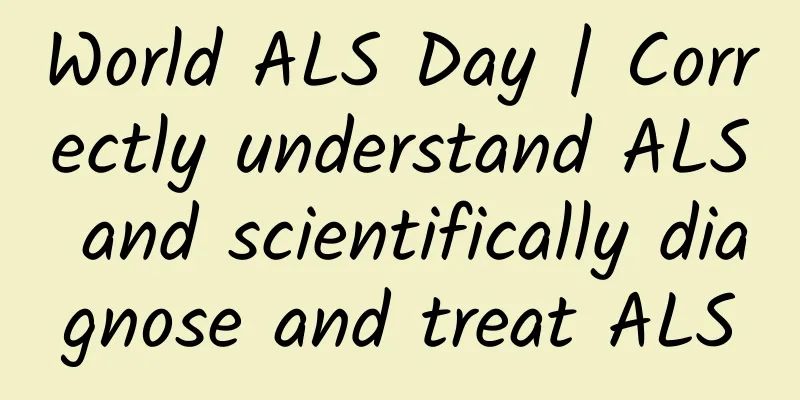Is it necessary to increase the dosage of analgesics when giving anesthesia to an alcoholic?

|
In clinical work, when we encounter some alcoholic patients who need anesthesia, we always hear such requests, "Doctor, give me more anesthetics later. I usually drink a pound of white wine a day, so I must be resistant to anesthetics." In many people's cognition, people who drink a lot or drink for a long time are not sensitive to anesthetics. So for those alcoholic patients who need anesthesia, should the dosage of analgesics be increased? The analgesics we commonly use clinically mainly include non-steroidal and centrally acting analgesics, among which centrally acting analgesics include opioids and non-opioids. It is not possible to generalize whether to increase the dosage of different types of analgesics. First of all, non-steroidal drugs mainly inhibit the activity of cyclooxygenase (COX), reduce the synthesis of prostaglandins during inflammation, and thus reduce the sensitivity of peripheral nerve endings to pain stimulation, thus playing an analgesic role. Long-term alcoholics may have put their bodies in an irritable state, and the metabolites of alcohol will stimulate the body to produce an inflammatory response. At this time, if the patient is subjected to additional inflammation or pain stimulation such as surgery, it may further disrupt the body's internal environment and aggravate the production of prostaglandins. From this perspective, for such patients, the dosage of non-steroidal analgesics can be appropriately increased during anesthesia, thereby reducing the production of pain inflammatory mediators and thus alleviating the patient's pain. Of course, the most common side effect of non-steroidal analgesics is gastrointestinal reactions, which may cause gastric ulcers and gastric bleeding, but for patients who use non-steroidal drugs for analgesia in the short term, the chance of gastrointestinal reactions is relatively small. For centrally acting analgesics, whether opioids or non-opioids, their main mechanism of action is to act on opioid receptors in the central nervous system, reduce the transmission of pain signals by neurons, prevent peripheral pain stimuli from being transmitted to the brain, and change the brain's perception of pain and emotional response. Non-opioid analgesics can also inhibit the reuptake of norepinephrine and serotonin by neurons, increase their concentration in the synaptic cleft, and increase the inhibitory effect on pain pathways. Studies have found that the density of opioid receptors in certain areas of the brain may decrease in patients with long-term alcoholism. More importantly, alcohol also interferes with the normal function of opioid receptors, causing them to be in an abnormally activated or inhibited state for a long time, thereby affecting the sensitivity of opioid receptors. However, it is obviously wrong to forcibly increase the dosage of central analgesics during anesthesia based on this theory alone. In clinical practice, even for some healthy patients without bad habits, they should be extremely careful when using opioids. If the use of opioids is excessively increased in order to increase the analgesic effect, it may cause serious consequences of respiratory depression. We all know that alcohol is mainly metabolized in the liver. Long-term alcoholism increases the burden on the liver, and severe cases may even cause liver cell degeneration or necrosis, thereby affecting liver function. Commonly used analgesics in clinical practice are basically metabolized by the liver. When liver function is abnormal, the drug cannot be biotransformed by the liver, and the blood drug concentration in the blood will remain at a high level for a long time, increasing the possibility of side effects and affecting the health and safety of patients. In fact, for patients with alcoholism, we can increase the dosage of analgesics in small amounts and multiple times, and prepare antagonists such as naloxone, and the anesthesiologist needs to closely observe the patient's vital signs. If adverse reactions such as respiratory depression and changes in consciousness occur, stop the medication in time and take appropriate measures. At the same time, patients can be given special monitoring such as the bispectral index (BIS). When opioid analgesics are overdosed, neuronal excitatory impulses are reduced, and cerebral cortical activity is inhibited, which can lead to a decrease in the BIS value. If large doses of analgesics still cannot relieve the patient's pain and discomfort, the anesthesia method can be changed and multimodal analgesia can be adopted. In short, no matter what method of analgesia is used, it should be carried out while ensuring the health and safety of the patient. Zhang Jun, Department of Anesthesiology, Shijiazhuang Ping An Hospital [Warm Tips] Follow us, there are a lot of professional medical knowledge here, revealing the secrets of surgical anesthesia for you~ |
<<: When the “A-type influenza” strikes, how should we take medicine and how can we prevent it?
Recommend
Abdominal bloating, nausea, and regular abdominal pain, what is your stomach telling you?
Authors: Dai Qihua, Shanghai Jiao Tong University...
How long should pregnant women drink Shengxuebao mixture?
During pregnancy, mothers may encounter various p...
What to do if you feel upset during menopause? Broadening your horizons is the best solution
It is normal to feel upset during menopause. In o...
What foods are suitable for women's health?
Women's physical health is something that man...
Pain when pressing on the lower edge of the breast
In daily life, many women experience breast pain....
What are the ways to determine whether the cervix is loose?
Some symptoms of cervical relaxation are actually...
Is it better to blanch braised pork or not? Why should braised pork be blanched first?
Braised pork in brown sauce is a popular delicacy...
What are the benefits of drinking sea buckthorn tea regularly? How many times can sea buckthorn tea be brewed?
Seabuckthorn tea is made from natural young leave...
A cold wave suddenly hits, why are some people more resistant to the cold than you?
In addition to the new coronavirus, another topic...
What are the dangers of artificial abortion?
With the development of the times, living togethe...
Is the baby a boy or a girl?
Nowadays, many pregnant mothers go to the hospita...
What are the methods for women's daily health care
Women need care, because women's youth cannot...
Why not add salt to baby food?
Whether to add salt to infants' food is a com...
The dangers of surgery for cervical erosion
In recent years, more and more women have suffere...









